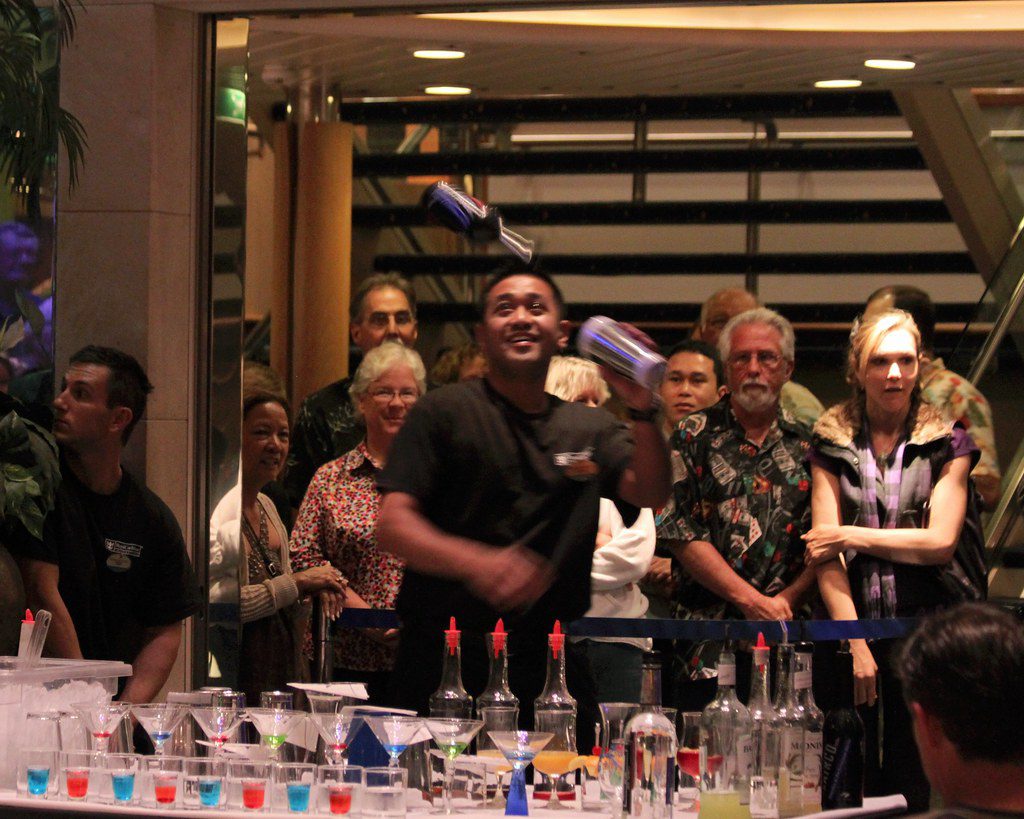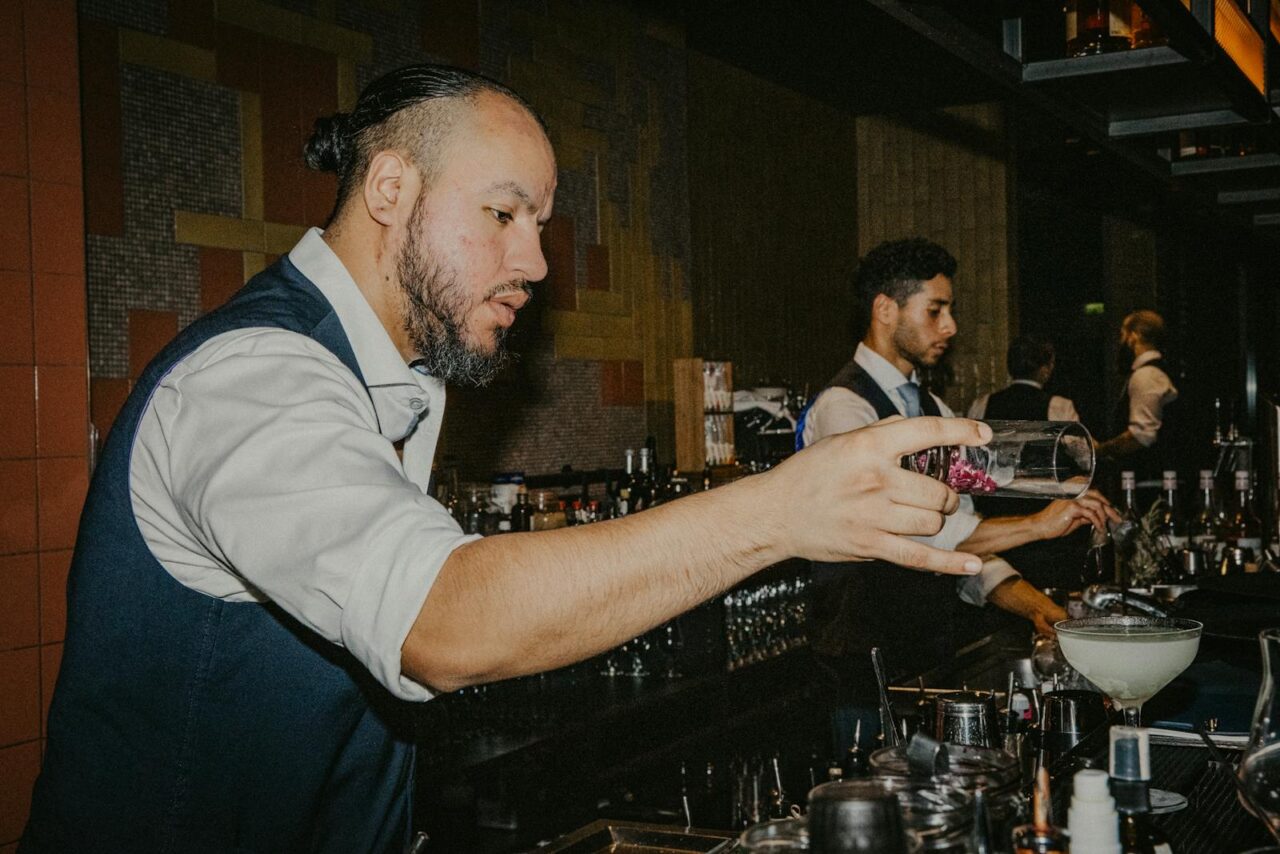Top Bartending Skills Every Illinois Bartender Must Master

Bartending is an art, a science, and a skill that requires a blend of creativity, technical knowledge, and interpersonal finesse. In Illinois, where a vibrant nightlife scene thrives in cities like Chicago, Springfield, and Peoria, bartenders must possess a variety of skills to excel in their careers. Whether you are a beginner or an experienced mixologist, mastering these essential bartending skills will set you apart and help you navigate the demands of working behind the bar.
For those looking to jumpstart their career, enrolling in a local Illinois bartending school is an excellent way to gain foundational knowledge and practical experience. These programs provide hands-on training that covers everything from cocktail recipes to customer service skills, helping you build a solid skill set that will make you stand out in the competitive bartending world.
Here’s a rundown of the key bartending skills every Illinois bartender must master:
1. Knowledge of Cocktails and Drink Recipes
The foundation of bartending lies in knowing how to make a wide range of drinks. From classic cocktails like the Old Fashioned and Martini to modern concoctions, a bartender should be familiar with their ingredients, preparation methods, and presentation styles. Being able to whip up the perfect drink, whether it’s a shaken cocktail or a stirred one, is essential.
Tip: Keep a well-organized recipe book or digital guide handy until the names and combinations become second nature. It’s important to know both the traditional recipes and the modern twists that guests may request.
2. Understanding of Spirits, Wine, and Beer
A successful bartender has a deep understanding of different types of spirits, wines, and beers. Whether it’s understanding the nuances between whiskey and bourbon, knowing the difference between red and white wine, or being able to recommend the best craft beers, this knowledge will help you provide excellent service.
Tip: Spend time sampling different spirits and learning about their production process. This will help you explain the differences to your customers and even suggest personalized drink options based on their preferences.
3. Customer Service and Communication Skills
At its core, bartending is a customer service job. Exceptional communication skills are crucial for bartenders as they need to interact with a variety of personalities. This includes not only taking orders and serving drinks but also creating an atmosphere of comfort and friendliness that keeps patrons coming back.
Bartenders must also handle difficult situations, like managing unruly customers, with tact and professionalism. Listening carefully to guests and making them feel heard and appreciated can go a long way in creating repeat business.
Tip: Focus on active listening, empathy, and offering prompt service. When interacting with guests, always keep a positive attitude and be patient, even in busy situations.
4. Speed and Efficiency
Bars can get crowded, especially on weekends or during special events. Being able to work quickly without compromising quality is a vital skill for bartenders. Speed is important, but so is accuracy—after all, a poorly mixed cocktail can turn a customer off.
A good bartender can handle multiple orders at once, keeping the workflow smooth and ensuring that all drinks are delivered in a timely manner.
Tip: Practice multitasking and organizing your workspace to minimize time spent searching for tools or ingredients. Streamlining your movements can make a huge difference in a busy bar setting.
5. Mixology and Creativity
While bartending is about more than just mixing drinks, creativity can set you apart. Being able to craft unique cocktails based on seasonal ingredients or themes, while experimenting with flavors, can make your drinks stand out. Creativity can also apply to garnishes, glassware, and presentation.
Tip: Stay up to date on trends in the mixology world. Attend events or workshops, and get inspired by the latest cocktail innovations to develop your own signature drinks.
6. Proper Pouring Techniques
A skilled bartender knows how to pour drinks accurately and consistently. This involves understanding how much liquor to pour for various drink types, whether it’s a shot, a cocktail, or a beer. Over-pouring is not only wasteful but could potentially cost the bar money, so learning to pour precisely is key.
Tip: Use jiggers to measure pours if necessary, or develop the “free pour” technique to gauge appropriate amounts. Practice makes perfect in this area.
7. Handling Cash and Credit Card Transactions
Bartenders often deal directly with cash and credit card transactions, which requires basic math skills and knowledge of the POS (point of sale) system. Handling money with care is essential to avoid errors that could lead to discrepancies in the register.
A bartender must also know how to split checks and manage tips, ensuring that all transactions are processed efficiently.
Tip: Practice basic math and familiarize yourself with the bar’s payment system. Be attentive and detail-oriented when handling money and credit card payments.
8. Maintaining Cleanliness and Organization
Cleanliness is crucial in any food and beverage industry job, and bartending is no exception. Keeping the bar area, glassware, and equipment spotless ensures that you’re operating in a hygienic environment and provides a positive experience for guests.
Organizing bottles, garnishes, and tools properly ensures you can find what you need quickly, making service more efficient.
Tip: Develop a routine for cleaning and organizing your workspace throughout your shift. Make it a habit to wipe down counters, sanitize glasses, and restock supplies as needed.
9. Knowledge of Local Laws and Regulations
In Illinois, like in all states, there are strict laws surrounding the sale of alcohol, including the legal drinking age and rules about intoxication. A bartender must be knowledgeable about these laws to avoid legal trouble for both themselves and their employers.
Being familiar with these regulations also extends to knowing when to refuse service to an intoxicated person, which is an essential skill for any bartender.
Tip: Familiarize yourself with the Illinois Liquor Control Commission (ILCC) guidelines and undergo any required training to stay compliant with state laws.
10. Teamwork and Collaboration
Bartending isn’t a solo job. It’s often about working with a team, whether it’s other bartenders, servers, or kitchen staff. Effective communication with your team ensures that everyone’s on the same page and that the workflow remains seamless.
Tip: Be proactive in assisting your colleagues, and always maintain open communication. Teamwork improves service speed and customer satisfaction, which benefits everyone.
11. Physical Stamina
Bartending is physically demanding. Bartenders are often on their feet for long hours, carrying heavy bottles, and dealing with large crowds. Having the stamina to keep up with the demands of the job is vital.
Tip: Take care of your body by staying hydrated, stretching regularly, and practicing good posture to avoid strain and fatigue.
12. Handling Stress and Pressure
Bartenders often work in fast-paced environments, especially during peak hours or special events. The ability to stay calm and composed under pressure is one of the most important skills a bartender can have. Managing stress is essential to ensuring the quality of service remains high.
Tip: Develop stress-relieving techniques, like deep breathing or mindfulness, and focus on staying positive and efficient during high-pressure situations.
13. Understanding Bar Equipment
A bartender must be comfortable with a wide array of tools, such as shakers, strainers, muddlers, and blenders. Knowing how to use each tool correctly will make your job easier and improve the quality of your drinks.
Tip: Familiarize yourself with the equipment in your bar and learn how each tool is used in various drink preparations.

Conclusion
Whether you’re aiming to become an expert in cocktail creation, improve your customer service, or master the art of bartending speed and efficiency, these fundamental bartending skills are essential for success in Illinois. By honing these skills, you’ll be able to provide exceptional service, create delicious drinks, and enjoy a rewarding career in bartending.













Leave a Reply
You must be logged in to post a comment.